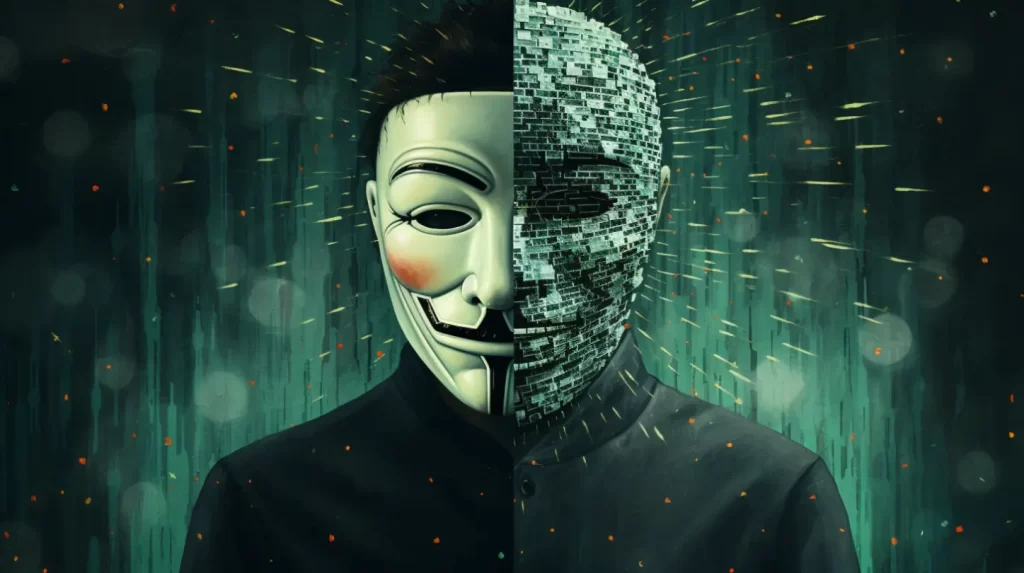In today’s digital age, the concept of anonymity in social networking has become a topic of great importance and debate. With the growing concern over privacy and data security, more users are seeking ways to experience the freedom of being anonymous while navigating the online world. Anonymity offers a sense of liberation from the constraints often imposed by societal expectations, professional reputations, and personal biases. It allows individuals to express their thoughts, ideas, and emotions without the fear of judgment or retaliation, fostering an environment where true self-expression can thrive. One of the greatest advantages of anonymity is the ability to share without the burden of consequences. On many platforms, users often feel compelled to curate their identities, showing only the parts of themselves they believe are socially acceptable. Anonymity removes this pressure, enabling individuals to engage more freely in conversations, participate in communities, and share content that may otherwise be deemed controversial or unconventional.

Moreover, anonymity in social networking also plays a crucial role in safeguarding personal privacy. With rampant data breaches and privacy concerns, users are becoming more aware of the risks associated with sharing personal information online. Many platforms track and store vast amounts of data, often leading to unwanted exposure or targeted ads based on user behavior. By choosing to remain anonymous, individuals can protect themselves from these intrusions, ensuring their personal details, preferences, and interactions remain private and secure. In addition to these benefits, anonymity has the potential to foster creativity and innovation. Without the fear of being scrutinized by their real-world identities, users are more likely to push boundaries, experiment with new ideas, and take risks that may not have been possible in a more identifiable environment. Artists, writers, and creators have long used pseudonyms or anonymous platforms to experiment with their work in a way that allows them to take risks without damaging their reputation.
However, while anonymity can offer significant advantages, it also raises concerns. The lack of accountability can lead to negative behaviors such as cyberbullying, trolling, and misinformation, as some individuals feel empowered to act without consequence. When i don’t feel so good, anonymous social networks create an environment where I feel comfortable expressing myself, knowing there’s no judgment or expectation. Therefore, maintaining a balance between anonymity and responsibility is crucial in ensuring that online spaces remain safe and positive for everyone involved. Ultimately, the freedom of anonymity in social networking is a powerful tool for self-expression, privacy, and creativity. It offers individuals the chance to explore new ideas and share opinions without the constraints of their public identity. Yet, it is essential to use this freedom responsibly, ensuring that the online community remains respectful and constructive for all users.
